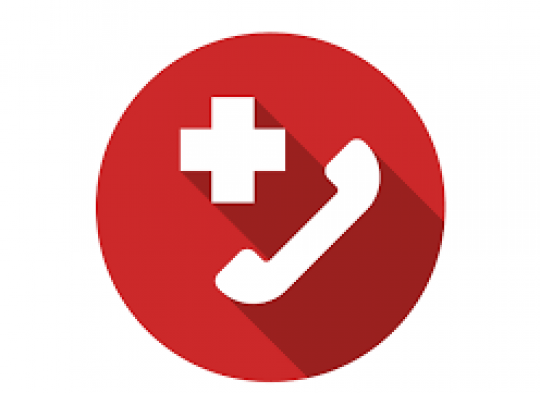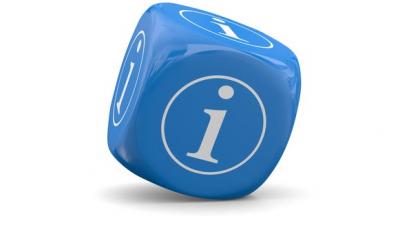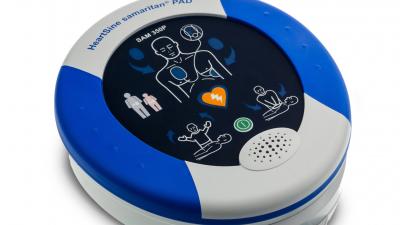We do not offer any medical service outside our opening hours. If you have an urgent medical problem please choose accordingly:
Non-life-threatening emergencies
If it is not a life-threatening emergency and you or the person you are with does not need immediate medical attention, please consider the following options:
- self-care at home
- calling NHS 111
- talking to a pharmacist
- visiting or calling your GP
- going to a local NHS walk-in centre
- attending an urgent care centre or minor injuries unit
- making your own way to your local A&E department – arriving in an ambulance does not mean you will be seen any quicker
Choose the best service for your needs, as this will ensure the ambulance service is able to respond to the people who need help the most.You can also call NHS 111 if you're not sure which NHS service you need.
Dental emergency and out-of-hours care
If you need urgent treatment, please contact NHS 111 for advice on where you can get urgent care.
Life-threatening emergencies
Call 999 in a medical emergency – when someone is seriously ill or injured and their life is at risk.
Medical emergencies can include:
- loss of consciousness
- an acute confused state
- fits that are not stopping
- persistent, severe chest pain
- breathing difficulties
- severe bleeding that cannot be stopped
- severe allergic reactions
- severe burns or scalds
Call 999 immediately if you or someone else is having a heart attack or stroke. Every second counts with these conditions. Also call 999 if you think someone has had a major trauma. Major trauma is often the result of a serious road traffic accident, a stabbing, a shooting, a fall from height, or a serious head injury.
Find out more about major trauma services.
Visiting an A&E department
An A&E department (also known as emergency department or casualty) deals with genuine life-threatening emergencies, such as:
- loss of consciousness
- acute confused state and fits that are not stopping
- persistent, severe chest pain
- breathing difficulties
- severe bleeding that cannot be stopped
- severe allergic reactions
- severe burns or scalds
Less severe injuries can be treated in urgent care centres or minor injuries units (MIUs). An A&E is not an alternative to a GP appointment. If your GP practice is closed you can call NHS 111, which will direct you to the best local service to treat your injury. Alternatively, you can visit an NHS walk-in centre (WIC), which will also treat minor illnesses without an appointment.
How to find your nearest A&E?
Not all hospitals have an A&E department. You can use the find services search to see if there is one near you. Alternatively, many hospitals have their own website and generally describe the urgent and emergency care services they offer.



